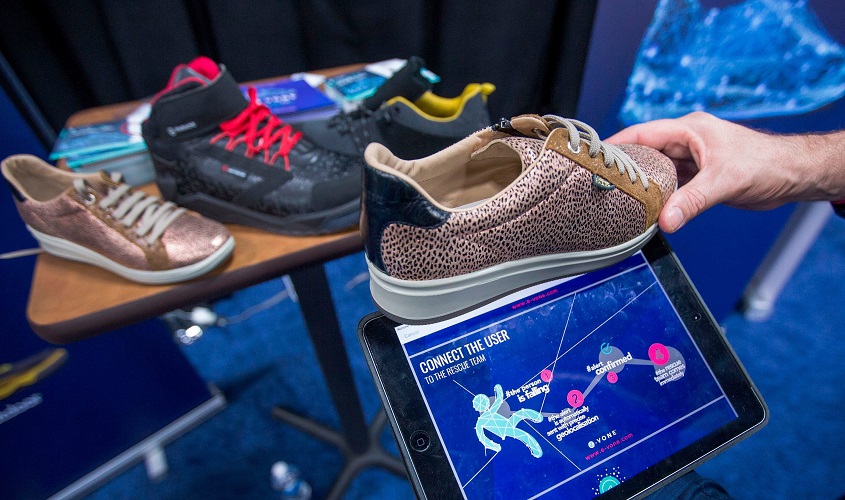Scientists are seriously kitting up to start growing Human organs in Pigs as they have successfully grown the first human-pig hybrid embryos, which has already gone a third of the way through pregnancy inside a sow.
According to geneticists at the Salk Institute in California, it is hoped that the research will open ways to grow fully-functioning human transplant organs inside hybrid animals.
These hybrid embryos which are being worked upon by researchers are aimed at being precursors to human pancreatic, liver, gut, lung, heart and muscle cells.
According to Dr. Jun Wu from the Salk Institute, lead author of the research, “The ultimate goal of this research is to generate organs that can match to your immune system.”
At the moment, however, the research only aims at bringing another beginning to drug testing and help create personalized treatment for diseases such as cancer and other genetic diseases.
He went on to add that organ generation using the technology would come in the future, but for now, they need to overcome many technical, social and ethical challenges first.
Another interesting thing he stated was that when the pig is born with a human liver or organs, it would be tested with pharmaceuticals before it is tested on humans. These are the brains and livers that would be harvested and transplanted on humans.
According to another member of the research team, Professor Juan Carlos Izpisua Belmonte from Salk Institute, the embryo was left to develop to between three and four weeks. “This is long enough for us to try to understand how the human and pig cells mix without raising ethical concerns about mature chimeric animals,” he said.
Dr. Wu said: “We wanted to stop the process early and analyze the results in order to understand the process better. We want to guide the human cells to be the organs we want them to be rather than going randomly everywhere.”
What the researchers have come up with according to them, is that if they inject early developmental cells from humans into the another species’ embryo at the same developmental stage then they could better ‘take’ and contribute to the final growing embry
They state that this would allow them to recreate human leukemia from an individual in a mouse and then test a whole bunch of drugs in that mouse, and it would accelerate drug development and personalized medicine.
More work is, however, still being done to see how they can get the work all right.














